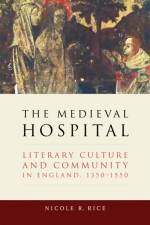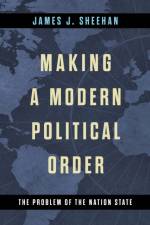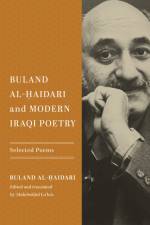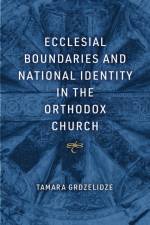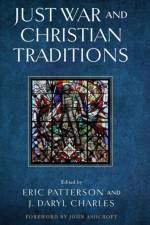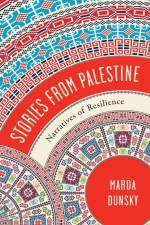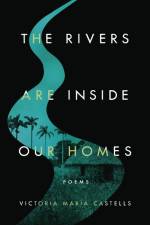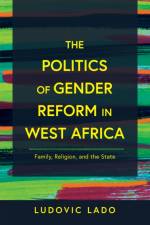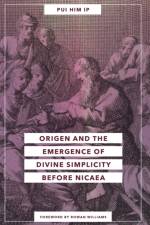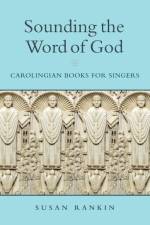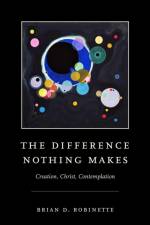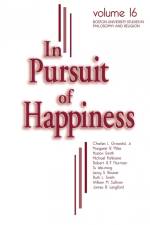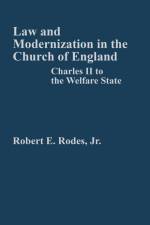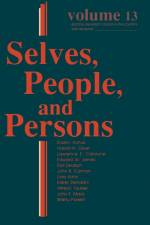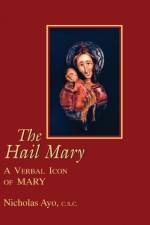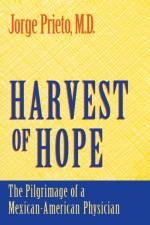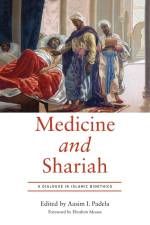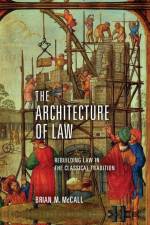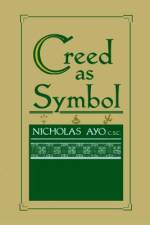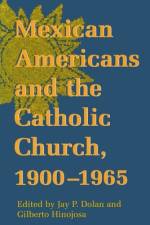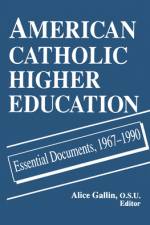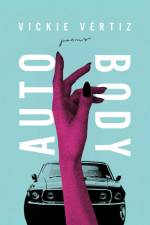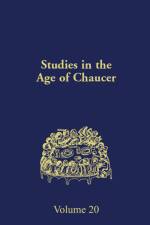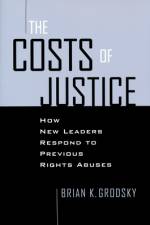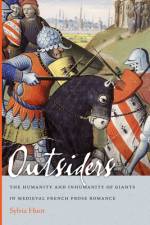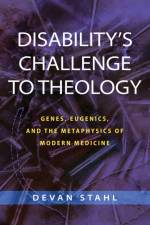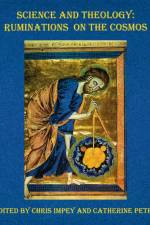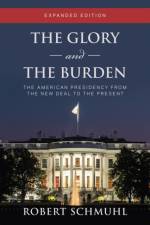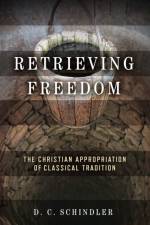von Nicole R. Rice
185,00 €
The central metaphor of Christ as the spiritual physician, operative within late medieval Christianity as a whole, was animated in particular ways within hospitals. These institutions aimed to care for both body and spirit, understood as inextricable from each other. Some of the earliest extended treatments of Christus medicus appear in Augustine, who draws an analogy between Christ's Passion and the bitter medicine of the physician: "Do not fear to drink. For to dispel your fear the physician drank first, that is, the Lord drank first the bitterness of the Passion." Hence the logically related image of the priest as a spiritual physician with authority derived from Christ became familiar in a range of medieval religious texts, codified in a decree of the Fourth Lateran Council of 1215: "The priest shall be discerning and prudent, so that like a skilled doctor he may pour wine and oil over the wounds of the injured one. Let him carefully inquire about the circumstances of both the sinner and the sin, so that he may prudently discern what sort of advice he ought to give and what remedy to apply, using various means to heal the sick person." The same Council also banned clerics in major orders from surgery, among other activities involving bloodshed. Jeremy J. Citrome argues that even as priests were barred from operating on bodies, surgery became prevalent as an image for confession in pastoral literature after 1215: "Metaphors of surgery become the key rhetorical device through which subsequent pastoral writers explain spiritual health in this reinforced confessional context, and the surgeon, their foremost model for the perfect confessor." Daniel McCann has also demonstrated the double valence of the Christus medicus image underpinning penitential practice, and by extension, lay devotional reading in late medieval England. On the one hand, Christ's own sufferings are presented as curative for the penitent, as in the passage from Augustine cited above. On the other hand, Christ is a physician who must inflict wounds in order to heal. In his study of the "therapeutic aspects of religious texts," McCann shows how vernacular devotional texts like the Prick of Conscience and the Penitential Psalms function therapeutically "to evoke emotions intense enough to enable salus animae, or the health of the soul" in readers. Although I will be looking at different texts from McCann, the concept of "soul-health" remains crucial throughout. In the space of the hospital, an institution focused on caring for the physically vulnerable while striving, through prayer, to bring spiritual health to its patrons and its diverse community, bodily and spiritual health were always intertwined. The priest's role as spiritual healer offering Christ's salutary suffering to the penitent became heightened and was textualized in diverse ways. Although relatively few records survive from English hospitals of what we would today call medical care, hospitals played an important role in the late medieval health care system. During this period, most health care took place in the home, with women as the primary caregivers. As Katharine Park notes, women served as "the first line of defense against illness and as those primarily entrusted, in the normative context of the home, with the ongoing management of health." People with complex illnesses or injuries needing specialized care did not generally resort to hospitals: if they had the resources, they hired private doctors to come to their homes. Thus English hospitals with a mandate to care for sick patients were mainly serving those without such resources: the poor, the indigent, those shunned by family. Although some hospital libraries contained medical texts, we have relatively few records of physicians attending the sick or injured in English hospitals prior to the sixteenth century. Yet Roberta Gilchrist's recent archaeological work on hospitals and monastic infirmaries has uncovered "technologies of healing" that included "preventative care for the body, medical interventions such as surgery and bone-setting, the provision of prosthetics and specialist medicines." Thus, limited recorded evidence for medical care in hospitals need not mean that such care was unavailable but rather that those providing it were not university-trained "physicians." Carers were generally highly skilled nurses: I detail the extent of their activities below. Together with the care of their bodies, hospital patients received the spiritual comfort of seeing the mass daily and receiving confession and other sacraments. In the interest of promoting spiritual health, later medieval hospital architecture developed to enable patients to see the mass celebrated. Large institutions for the sick poor (including St. Leonard's, York and St. Bartholomew's, London) typically situated a large open infirmary hall with a chapel just to the east, allowing patients to see the Eucharist elevated and listen to the service, even if they were too weak to rise from their beds. The building plans of these two hospitals were fairly standard as well, employing central space such as a "close, cloister, quadrangle or courtyard as their means of central planning." The compound's other buildings radiated around these, including separate dormitories for brothers and sisters and in larger hospitals, multiple chapels staffed by different chaplains. These compounds were in turn surrounded by workshops of artisans such as bakers and masons who provided goods and services to residents. Running water was recognized as de rigueur for maintaining health, and records of water management survive for St. Bartholomew's and St. Mark's. In 1297, St. Bartholomew's was allowed to cover with wood and stone a foul-smelling watercourse running through the hospital; St. Mark's received piped water from springs outside of Bristol. Along with St. Mary's Abbey, St. Leonard's, York was the only local institution to have its drain fully encased in stone.

